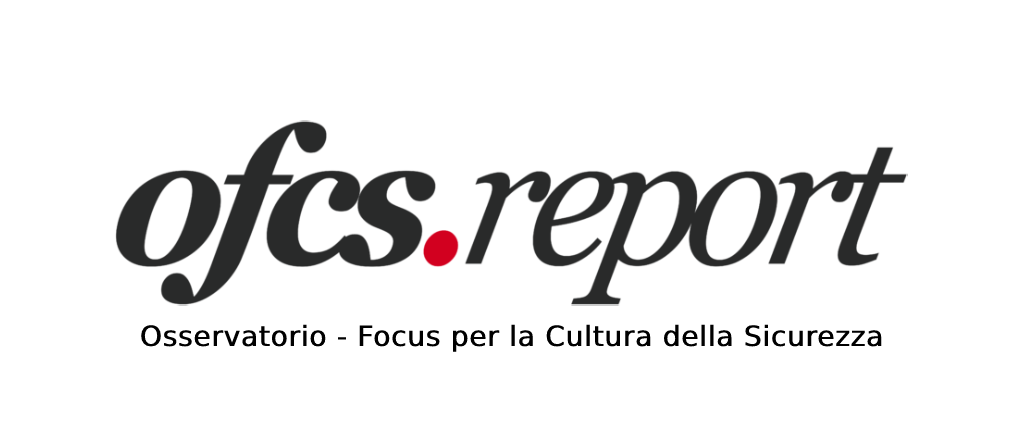The analyst’s job: studying and telling unpleasant truths. Knowing what many want to hear, but telling them what they need to hear: the job of an analyst. The most professional analysts still have their biases. These emanate from political, social, cultural and sometimes geographical orientations.
How these factors shape the individual can either make him or her relatively objective or extremely biased in his/her submissions. Sometimes, to overcome one’s own biases, the analyst could over-compensate by going extremely against his original worldview.
I have come across US citizens who have boldly denied the presence of Wagner in Mali to appear fair and empathetic. And so what?
As the world gets heated in rising incidents of conflict situations and great power competition, analysts find themselves in an unenviable place. While some get entrenched, more open ones are accepting the complexities of the world and adjusting by giving unique attention to each event.
The latter believe that the world is not made up of permanent villains and heroes. It depends on situations and the factors that influence them. It is never black and white. The former, however, defend whatever particular players do and try to rationalize it to suit their worldviews.
Today, people who believe that France supports civilian leaders in Africa to stay on by tweaking constitutions and are therefore justifying recent coups, are often the same people who support Putin—a constitution “tweaker” himself.
Many who argue that African youth need a say in government and should be allowed to express themselves are also in support of coups in the continent. Some of the same people have vehemently opposed French influence in the past and labelled it as foreign domination. Consequently, they trumpet: “African solutions for Africa”.
However, they are excited about the Russian flags in the Sahel and the presence of Wagner. They are quick to mention how Ukraine is central to Russia’s national security, but condemn vehemently France’s inimical post-colonial policy. They will say the two are not the same. What are?
If you want to (as much as you can) remain fair and objective, many are going to have issues with you and even go offensive. I believe, however, that it is more fascinating when you know what people want to hear but go ahead to tell them what they need to hear.
These notwithstanding, values like the right to life, freedom of speech, democracy, and economic rights, rule of law among others could remain constant. These are not only means to good ends, they are ends in themselves.
For all Africans to have a say in what happens in their countries, democracy is the most viable answer. I am ready to change if a better system emerges.








